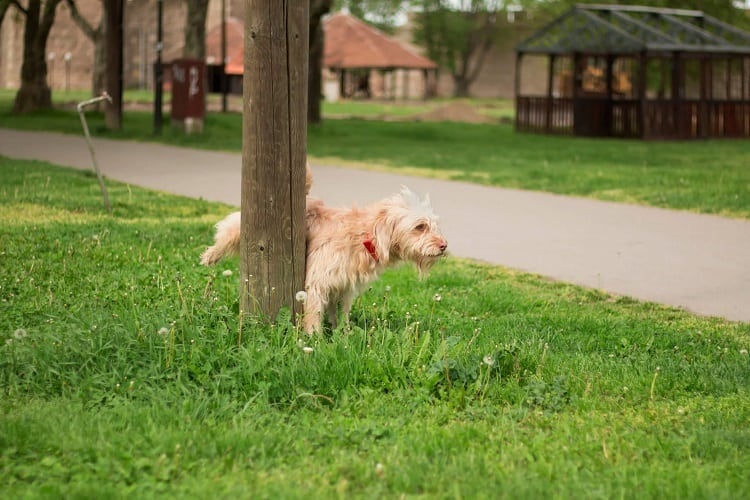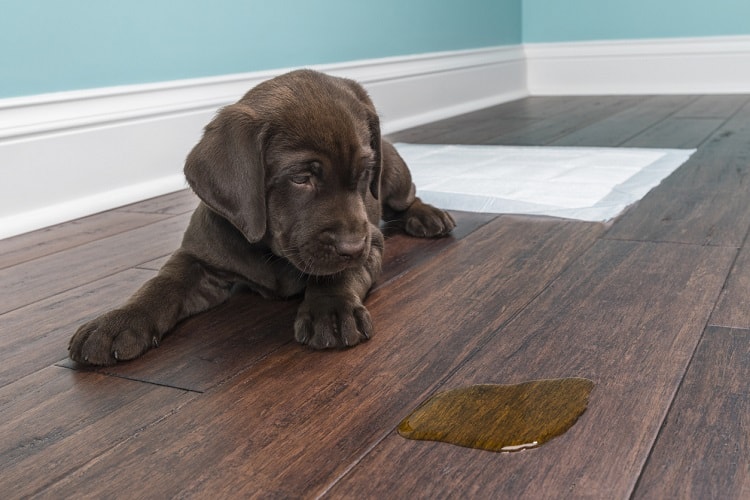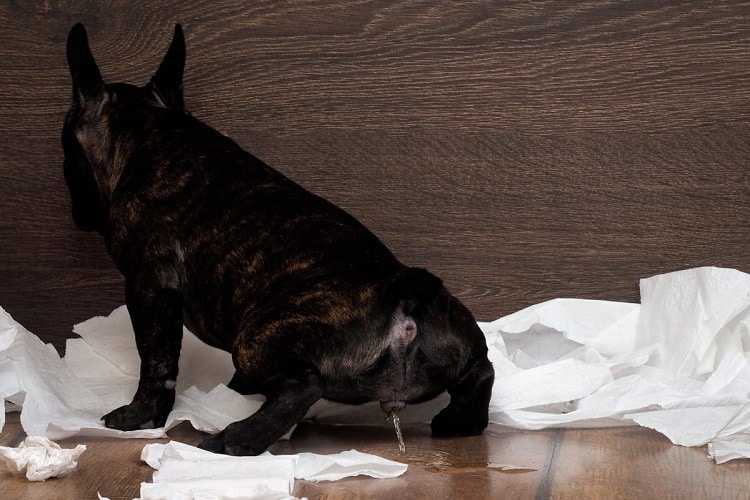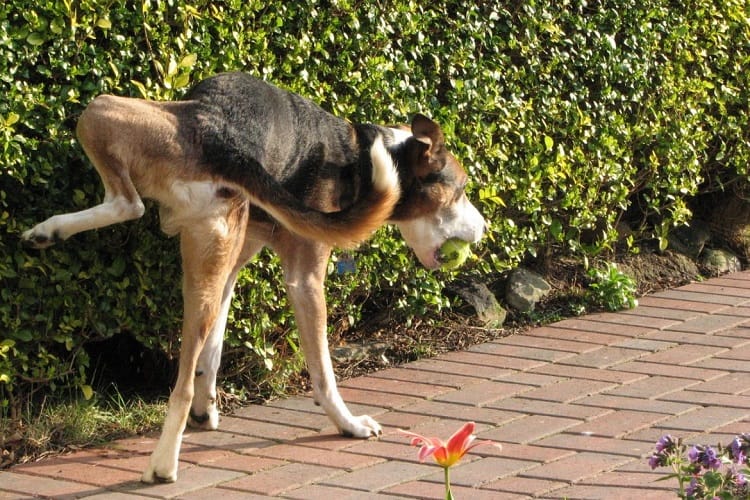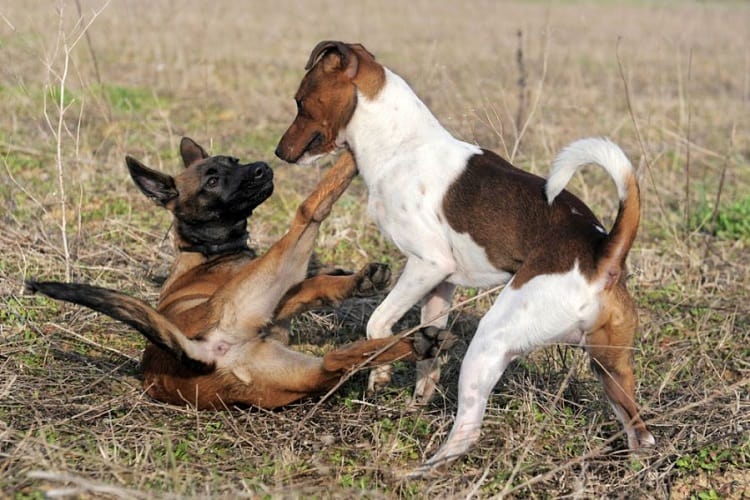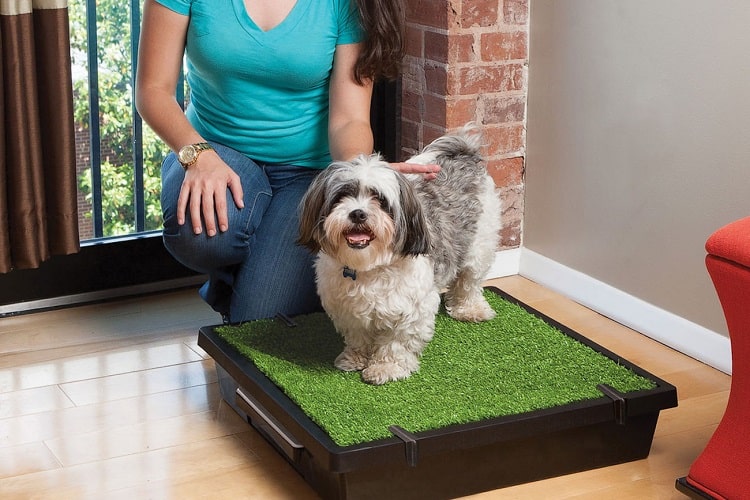Caring for a dog can be fun and rewarding, but it is not a walk in the park.
You need to be diligent with their meals, playtime, training sessions, sleep, and many other elements that affect their overall health and well-being.
One of the most challenging things about owning a dog is dealing with nature’s call. Any minor “accidents” on your furniture or floors can lead to hours of headaches in terms of cleaning and getting rid of bad smells.
If you’re a first-time pet parent, you may not know how often your pup needs to pee. This information is vital so you can do everything you can to avoid soiling accidents.
So, how long can dogs hold their pee?
The answer depends on various factors such as size, age, health, diet, and underlying conditions. The truth is that each dog has individual bathroom needs that you must understand to support your pet’s urinary health.
In this comprehensive guide, we will discuss how often a dog needs to urinate. We also cover the dangers of making your dog hold its pee and why potty training is so important.
Let’s dive in!
Factors Affecting How Frequently a Dog Needs to Pee
Here are the different factors that will help you understand how frequently your dog needs bathroom breaks:
Age
One of the most critical factors that determine how long can dogs hold their pee is age. Puppies have small bladders and underdeveloped urinary tract systems, so they will not be able to hold their pee for long.
Pups that are less than one month old cannot control their bladders at all, whereas a 2-month-old puppy may be able to hold in its pee for about an hour or two. A 3-month-old pup can hold its pee for up to 3 hours, a 4-month-old for 4 hours, and so on.
Adult dogs can usually control their bladder for up to 10 to 12 hours. In contrast, senior dogs 8 to 10 years old have a reduced bladder control capacity of 3 to 4 hours. Some senior dogs can hold their pee for up to 10 to 12 hours if required, but it doesn’t mean they should.
On average, adult dogs should relieve themselves at least 3 to 5 times a day, so they should be allowed to go on bathroom breaks once every 8 hours.
Note that these estimates only serve as general estimates and may not hold true for every dog.
Size
Size also matters when it comes to how long can dogs hold their pee. Small dogs need to pee more often than large dogs because their bladders are in proportion to their body size.
On average, a dog will produce about 10 to 20 ml of pee for every pound of weight daily.
So a dog that weighs 6 pounds will produce 60 to 120 ml of urine every day. A 60-pound dog will produce about ten times that amount, around 1.2 liters daily.
Health
While the urination frequency of a healthy dog largely depends on its age and size, those with health problems are often outliers and find it more difficult to hold their urine.
Some dogs, especially female dogs with urinary tract infections (UTIs), often stink of pee constantly. Bladder and kidney stones are also severe health problems among dogs, and they significantly affect their urine habits. The stones reduce your dog’s gut space, making it more difficult for their bladders to expand.
A weakened detrusor muscle, poor kidney and liver function, inflammation, urinary incontinence, mobility issues, and cancer can also lead to the inability of a dog to hold its pee. Certain prescription medications may also contribute to increased or decreased urination requirements.
If your dog is suffering from any health issues or pain, make sure you take it to a vet immediately to get timely medical attention and care.
Diet
How much water a dog drinks every day has a significant impact on how often it needs to pee. Hot weather and high activity can lead to a dog drinking more water than usual, leading to more frequent urination during the day.
A dog’s food also plays a role. Dry food contains much less moisture than wet food, so a dog that consumes a lot of dry kibbles will need to pee less often than a dog whose diet skews heavily on wet food.
Protein-rich and salty food induce more thirst. So dogs that eat such food will need to drink more water to quench their thirst and need to pee more often.
Training
How long can dogs hold their pee depends on their training, too. Potty-trained dogs know not to do their business in the house and to pee at specific times during the day. The detrusor muscle is developed and helps them hold their pee for a few hours.
In contrast, pups that haven’t yet been potty trained will pee whenever they want, causing havoc in the household.
Keep in mind that your dog’s potty training does not end once it learns to control its bladder. How often you take your dog out to pee will also determine its urine schedule.
Dogs that are taken out to pee once a day can control their bladder for longer than dogs that are allowed out every few hours.
So if your dog tends to pee quite frequently, it could be that you have unknowingly trained it to do so.
Other Factors
Environment
If a dog is in a new environment or a stressful situation, it may not feel comfortable relieving itself outside of its home turf. It may be more likely to hold its pee and focus on the new sights, sounds, and smells.
Marking
Both male and female dogs indulge in marking behavior, especially in a new environment.
They mark a spot and leave the scent of their urine behind to let other dogs know that it is their territory. When marking a spot like this, they tend to urinate less than when they need to actually pee.
Excitement
Highly social dogs or dogs with anxiety or maturity issues can become very riled up and excited in some circumstances. When highly stimulated, they may lose their muscle control and need to pee more often.
Some dogs even pee due to excitement when their owners come home after a long day at work or an extended trip.
Submission
If your dog meets a new person, another dog, or an animal that it feels intimidated by, it may display submissive behavior such as submission peeing and rolling on its back or side.
Such behavior can be difficult to reverse and will require serious training to help them overcome it.
Attention-Seeking
When dogs feel that they are not getting enough attention from their owners, one common attention-seeking behavior is peeing more often.
This can occur when their usual environment is disrupted significantly, such as a new baby or new puppy is brought home. When they don’t get enough time and attention from family members, this is one way to ask for it.
Dangers of Dog Holding Pee
A dog will pee if holding it in becomes too much to bear, long before they develop any health complications due to not peeing for long hours.
However, some physical blockages may prevent a dog from urinating when needed, causing distention in its bladder or abdomen due to the built-up pressure.
This can lead to health issues such as urinary tract infections, incontinence, and stones in the bladder, kidneys, or other parts of the urinary tract.
Symptoms include loss of bladder control, painful urination, cloudy or bloody urine, pungent odor, changes in their appetite, weight loss, chronic pain, vomiting, and lethargy.
Keeping urine in the body for extended periods will be very detrimental to your pet’s health. Urine contains carcinogens and other toxins resulting in cancer and multiple bouts of UTIs.
If your dog experiences UTIs for months at a time, it can become deadly.
Importance of Potty Training
To develop healthy peeing habits, potty training your dog from a very early age will help it learn to control its bladder. It will go a long way in preventing soiling accidents in your house.
Potty training involves making dogs use pee pads, their crate, or go through a doggy door to relieve themselves when left at home.
So even if you aren’t at home, your dog will not have to hold in its pee for long hours. This will prevent health problems and keep it healthy and happy for years to come.
Conclusion
We hope this guide answered all of your queries related to how long can dogs hold their pee.
If it helped you, do share it with other pet parents so they can benefit from this critical information. Happy pet parenting!

Dan is a well respected content researcher who has vast experience working projects in the pets niche. He is a frequent contributor to dogtemperament.com and loves delivering numerous helpful dog articles like this one that are read by thousands of our readers monthly.
